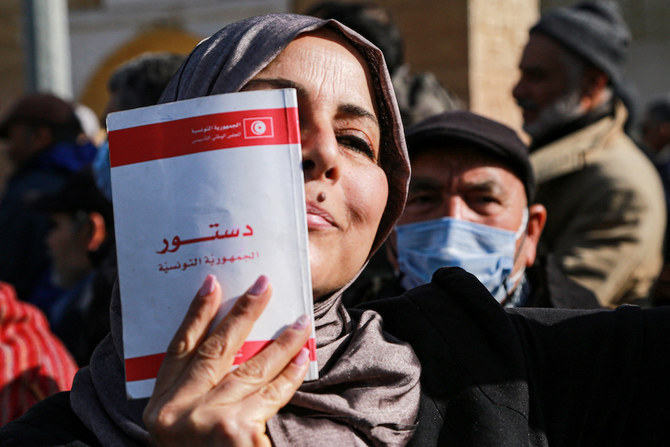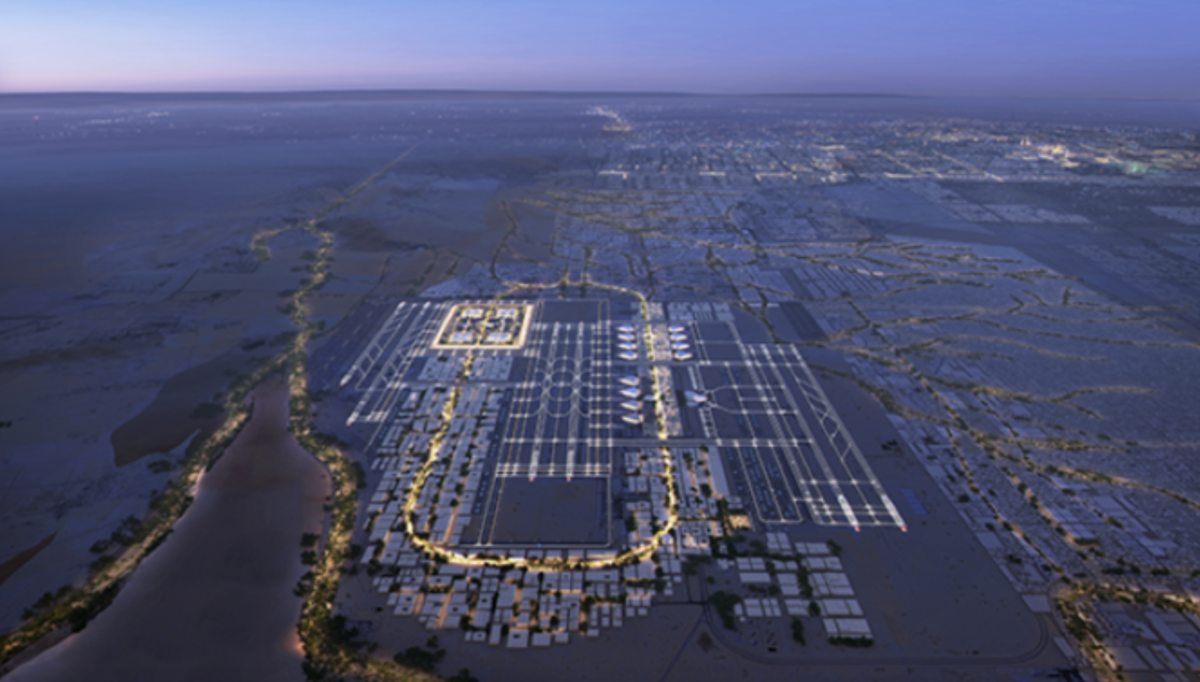DUBAI: In a region where the female labor force participation rate is the lowest globally, countries are working to change the narrative around women’s economic empowerment.
Over the last two decades, significant progress has been made in most regional countries to advance gender equality and empower women and girls.
Such advancements, chiefly led by national women machineries in the Arab region, are also anchored in government commitments to promote gender equality.
Over the past few years, reforms have taken place across a range of gender equality-related issues, with several legal and policy frameworks considered as closely linked to and mutually reinforcing women’s economic empowerment.
Saudi Arabia and the UAE have emerged as the region’s top contenders in this effort, while other countries in the region are closely following suit.
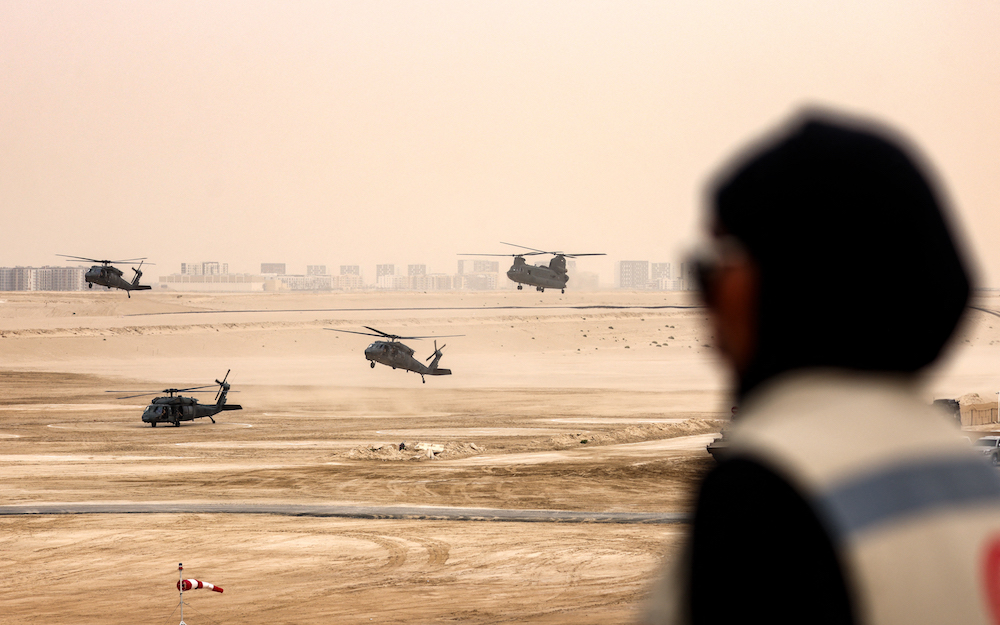
Saudi Arabia and the UAE have emerged as the region’s top contenders in this area, while other countries in the region are following suit. (AFP)
“Eliminating violence against women is a prerequisite to women’s economic empowerment,” said Dr. Mehrinaz El-Awady, head of the Gender Justice, Population and Inclusive Development Cluster, which houses the UN Economic and Social Commission for Western Asia Centre for Women (ESCWA).
“Laws on sexual harassment in the workplace, labor laws, including equal wages and specific restrictions and care policies, are crucial to women’s economic empowerment.”
In Lebanon, a law was passed to criminalize sexual harassment in December 2020. ESCWA, the UN Population Fund, the Ministry of Labor and the National Commission for Lebanese Women are also now working together to operationalize the new sexual harassment law to create safer workplaces.
Egypt followed suit in 2021, with the ratification of penal law to confront sexual harassment, while provisions related to flexible work arrangements mainly target female workers.
“This reinforces the assumption that care work is the primary responsibility of women,” El-Awady told Arab News. “Jordan presents a good practice in the field of flexible work regulations whereby these regulations cover both female and male workers.”
INNUMBERS
* 33% - In 2020, women made up 33% of the labor force in Saudi Arabia.
(Source: General Authority for Statistics)
Yet more representation of women at the top of firms, in senior leadership roles, and especially within emerging enterprises is needed, according to Tamara Dabbas, chief revenue officer at GrubTech, which helps kitchens in 17 countries serve millions of meals.
Only 30 percent of Egyptian businesses are led by women, with visibility and opportunity posing a significant challenge. “Nothing changes when people don’t see the issue,” Dabbas said. “The more visible women business leaders become, the more the entire landscape changes.”
Egypt ranked 134 out of 153 countries in the Global Gender Gap Index in 2020, while statistics show that 33 percent of women in the country’s workforce are vulnerable to unemployment.
Industries with high rates of female employees, such as medicine and service industries, are also those where considerable personal risk is involved, such as exposure to COVID-19.
“There is a lot of work to be done there,” said Mariam Azmy, chief human resources officer at a construction company, ASGC. “But where there is great need, there is also great opportunity. I am encouraged to see how NGOs, communities and the government are working together to turn things around.
“It’s also heartening to see that Egypt is making progress to implement the 2030 Sustainable Development Strategy, with women as an integral part of the reform plan.”
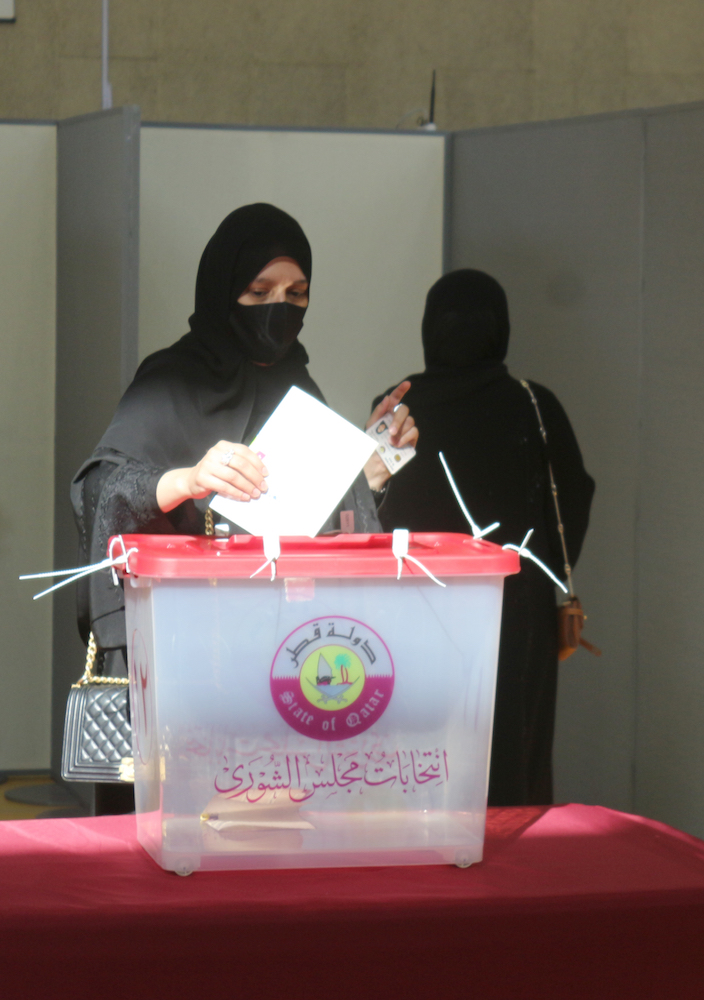
A Qatari woman casts her vote at a polling station to elect members for the Shura Council in the first legislative elections in Doha, Qatar in October, 2021. (Anadolu via Getty Images)
Only 9 percent of Arab women have started their own business, as opposed to 19 percent of Arab men, and the pandemic has only exacerbated social and financial inequalities, disproportionately impacting women.
“Women are also concentrated in the sectors that were most hit by the crisis,” El-Awady said. “COVID-19 created an additional layer of complexity, particularly that gender equality was not mainstreamed across the response plans to the pandemic in the countries of the region.”
She called for further initiatives to promote gender equality, including flexible work arrangements. Egypt has done much work on that front, announcing special protections and exceptional leave for pregnant women and mothers of children under 12 in March 2020.
“It is important to maintain and sustain such measures,” she added. “These are perhaps among the very few positive outcomes of the crisis and are important for the process of building back better.”
Chiara Marcati, a partner at McKinsey & Company, said businesses greatly benefit from gender diversity in leadership positions, with more diversity going hand in hand with higher organizational effectiveness.
She added that McKinsey research has identified several kinds of leadership behavior that correlate strongly with organizational effectiveness. “It’s our duty to set an example for the next generation of women — our daughters, nieces and friends — and ensure there is a path to success.”
For Mariam Farag, founder of Humanizing Brands, through which she helps businesses and media implement global strategies and values for sustainable, diverse and inclusive operations, governmental reforms are needed, and brands must step up to serve the communities they profit from.
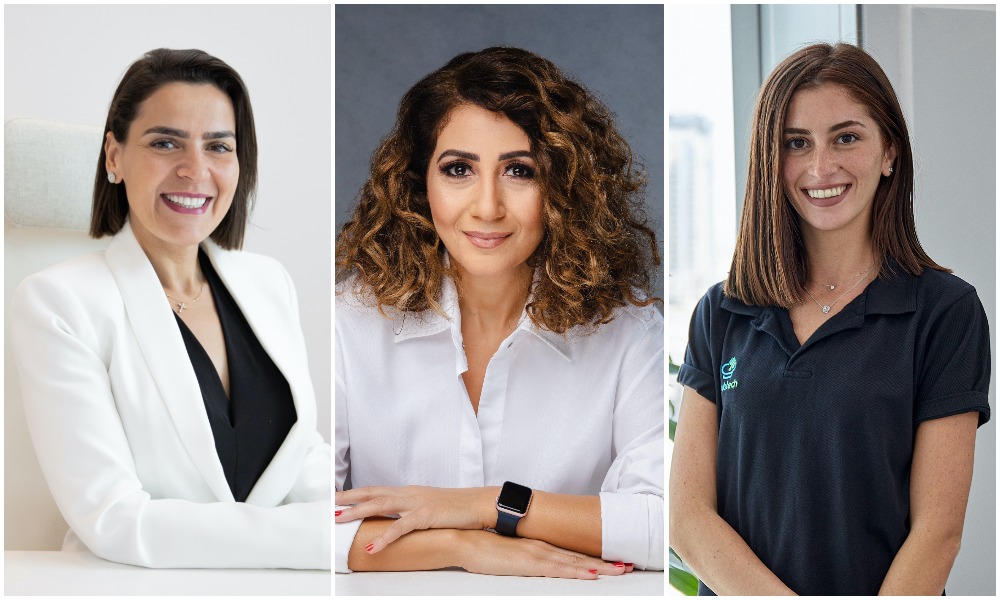
From L-R: Mariam Azmy, Mariam Farag and Tamara Dabbas. (Supplied)
“Individuals must also train themselves to focus on and work toward a profitable outcome, even before they can see it around them,” she told Arab News.
Serious legislative work is required in Iraq, Jordan and Lebanon, according to Rima Mrad, a lawyer at BSA Law in Dubai, to improve the position of women, whether in terms of their fundamental rights in the workforce or in their personal lives.
In the workforce, she spoke of a need to revisit labor laws to accommodate the challenges faced by women, such as maternity and harassment.
“This is a right that women should be able to exercise, and the more reduced maternity you have, the more restrictions you’re putting on women, either to improve or invest in their career, or invest in their family life,” she said.
“Women are always expected to sacrifice versus men when it comes to their careers and their professional life. We rarely see this on the agendas of governments and legislators.”
Social unrest in Lebanon and Iraq adds another layer of complexity, as priorities are placed elsewhere. As a result, Mrad does not expect much change in such countries, although she mentioned the many changes in Egypt over the past few years.
“They’re aggressively working to update their laws and regulations,” she said. “Egypt has a promising outlook in terms of introducing and implementing regulations because, to a large extent, they’re recognizing these issues and we’re seeing more attention being given to women’s issues.
“Women’s economic participation is not a women’s issue; it is a society issue.”
INNUMBERS
* 18% - Arab region has world’s lowest female labor force participation.
(Source: ILO World Employment and Social Outlook 2019)
With women representing half of the world’s population, their economic empowerment is considered a right that is vital not only for gender equality, but also for human capital building and countries’ prosperity. “It is at the heart of advancing national growth and gross domestic product,” El-Awady said.
Azmy said the region cannot afford to lose out on the economic advantage of a fully empowered female workforce, with all women deserving the opportunity to pursue a career of their choice, be empowered and live a fruitful life.
“Beyond that, all populations collectively deserve to experience the additional wealth and influence generated by a balanced contribution of female intelligence and perspective,” she added.
McKinsey estimates that $12 trillion could be added to global GDP just by empowering more women. Farag believes the MENA region deserves a fair share of that amount. “Our women are the key,” she said.
“We exist. We are human. We deserve empowerment. So let’s start there, with what’s morally just and right. Women are already driving the global GDP — if the nations of our region do not tap effectively and completely into their female talent, they will literally fall behind.”


